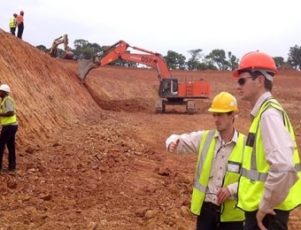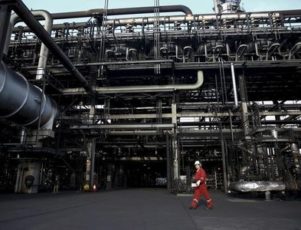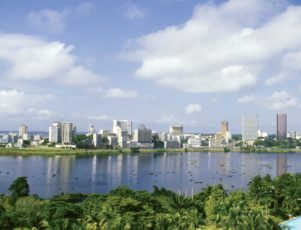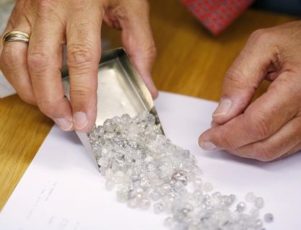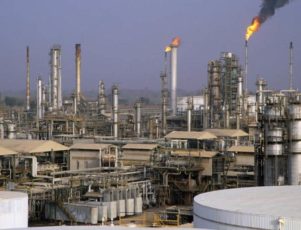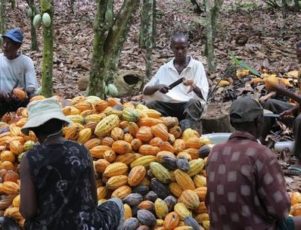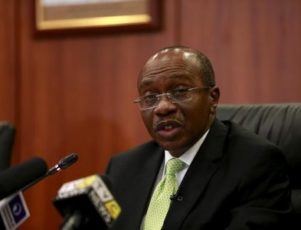ZURICH (Reuters) – Drugmaker Novartis AG has begun a programme in Kenya, Ethiopia and Vietnam to supply 15 low-cost medicines to fight chronic diseases like diabetes and high blood pressure.
The Swiss-based pharmaceuticals group said on Thursday its Novartis Access scheme would supply drugs for just $1 per treatment per month to governments, aid groups and others for a range of conditions that also includes cardiovascular and respiratory disease.
The drug list include Novartis’s valsartan for hypertension, vildagliptin for diabetes, and generics from its Sandoz division including tamoxifen for breast cancer. The company aims eventually to expand the scheme to 30 developing countries.
Responding to past criticism of the industry over the cost of medicines in low-income countries, many firms including Novartis, Roche and GlaxoSmithKline already provide drugs at lower prices than in the developed world.
Novartis chose Kenya, Ethiopia and Vietnam for their “great but diverse access challenges” and because it already has a strong presence or ties to non-governmental organisations there.
“This will allow us to support the delivery of medicine by building awareness of key non-communicable diseases and strengthening healthcare system capabilities in these diseases, including diagnosis and treatment,” Novartis said.
It did not immediately return phone calls seeking details.
The United Nations has highlighted concerns over the developing world’s ability to cope with escalating chronic disease, citing data showing about 85 percent of premature deaths from non-communicable diseases occur in developing countries.
Four-fifths of the world’s 350 million diabetes sufferers are in developing nations, and the U.N. estimates more than 40 percent of adults in many African countries have high blood pressure.
Other companies have also publicised similar efforts.
Amid pressure on the pharmaceuticals industry to do more, GlaxoSmithKline in 2009 agreed to slash drug costs for poor countries. Novartis’s cross-town rival, Roche, is working with the government in Ivory Coast to provide medicines for breast cancer and hepatitis.
(By John Miller, Reuters)


